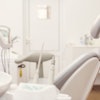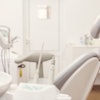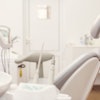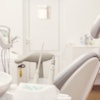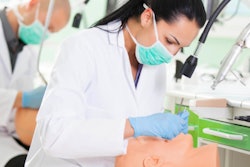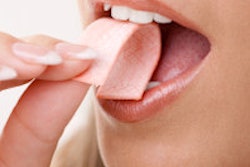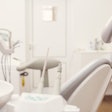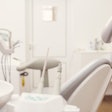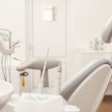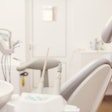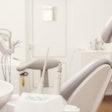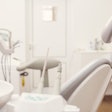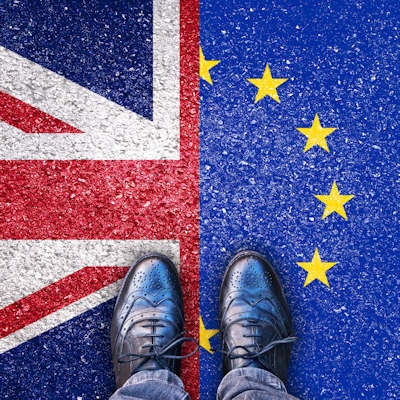
The U.K. has a shortage of dentists, and Brexit may be partly to blame. New data show the number of international dentists applying to practice in the U.K. has fallen sharply in the three years since the country voted to leave the European Union (EU).
"As the latest scheduled deadline for the U.K. to leave the EU approaches on 31 October, the future of dentistry remains uncertain, although some people predict the problems in attracting overseas dentists here will be temporary," reporter Adrian O'Dowd wrote in a British Dental Journal special feature (August 9, 2019).
When the U.K. voted to leave the EU in June 2016, the country's international healthcare workforce began to question their future in the country. About one-fifth of dentists practicing in the U.K. were trained in the EU, according to O'Dowd. Many of these dentists practice in the country's National Health Service (NHS).
“There appear to be concerns amongst these dentists over their future.”
"There appear to be concerns amongst these dentists over their future, demonstrated by a report published earlier this year by dental regulator the General Dental Council," O'Dowd wrote.
The General Dental Council, or GDC, regulates dental professionals, including dentists, dental hygienists, and dental therapists, in the U.K.. A 2018 GDC survey found that 32% of respondents were considering leaving the U.K. in the near future. Another 75% said Brexit was contributing to a dental professional shortage.
"Many of those interviewed said they had come to the U.K. originally to work, mostly, for better pay and job availability, and many of those thinking of leaving the U.K. were considering such a move despite admitting they might earn less money or struggle to find a job," O'Dowd wrote.
Brexit may have also cooled the number of dentists applying to practice in the country, O'Dowd noted. Data from the GDC show the number of applications from overseas dental professionals fell by 45% in recent years -- from 1,249 in 2016-2017 to 686 in 2017-2018.

The number of new dentists registering to practice in the U.K. had already been falling year over year, O'Dowd reported. The country's healthcare system and corporate dental chains are feeling the effects.
"Brexit is adding a lot of uncertainty for the candidates over what to expect, and it has reduced the number of applications and significantly impacted the channel from overseas," Philip Buergin, CEO of corporate dental company Colosseum Dental, stated in the article. "That doesn't mean it's not going to come back, but it has reduced the number of applications."
One dentist highlighted in the feature said Brexit was one of the reasons she returned home to Lithuania. Dr. Dovilė Draugelytė-Spūdienė, who previously practiced for the NHS, said the decision was a tipping point for her and her husband.
"I wouldn't say we left just because of Brexit because we never thought we would stay in England forever, but Brexit was the last straw," she stated in the feature. "A month after the Brexit referendum, my husband said to me, 'I think it's time to leave.' "
